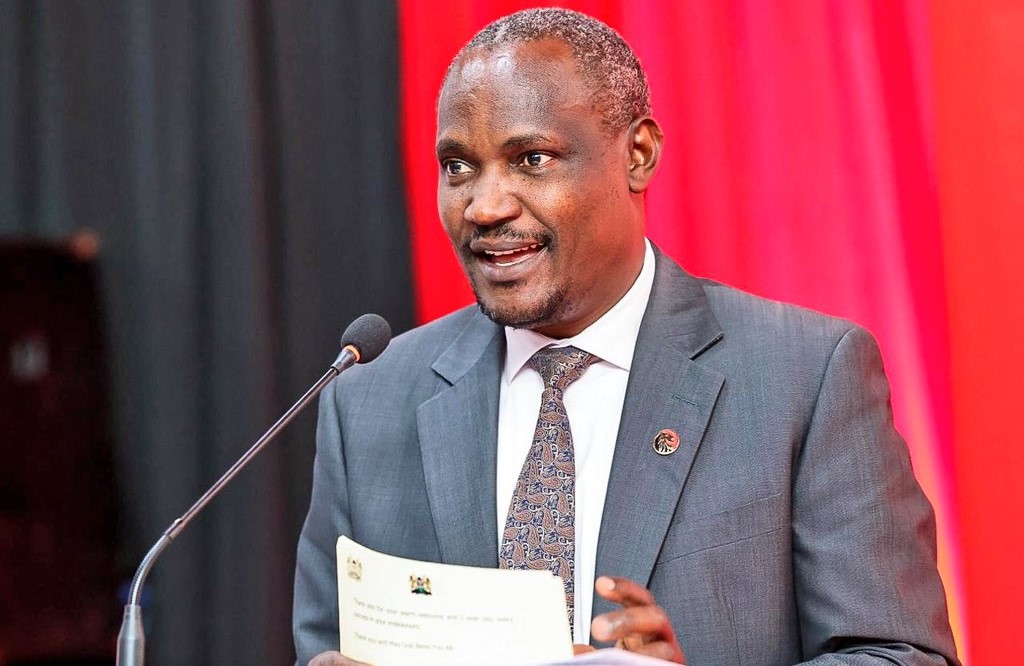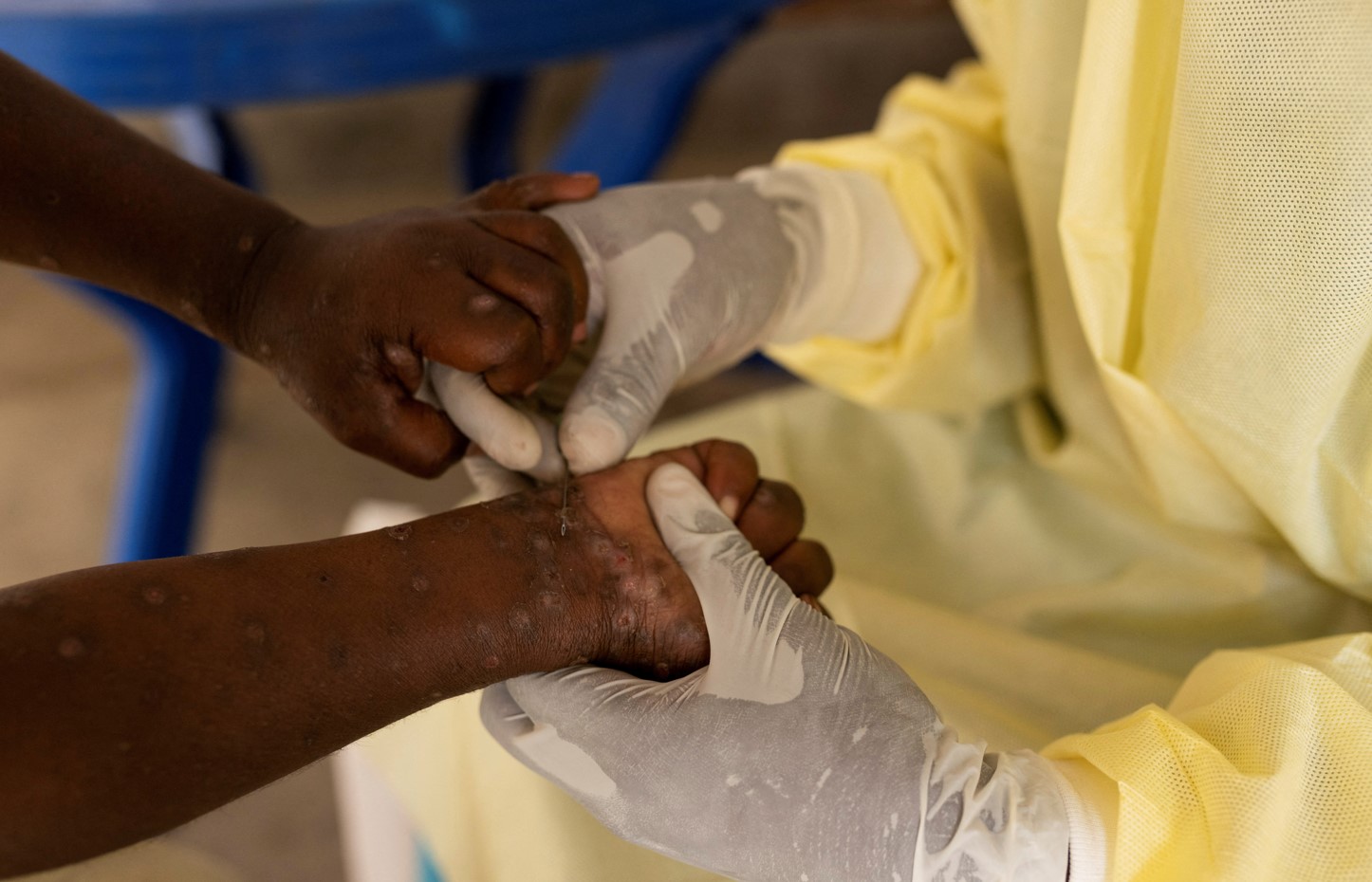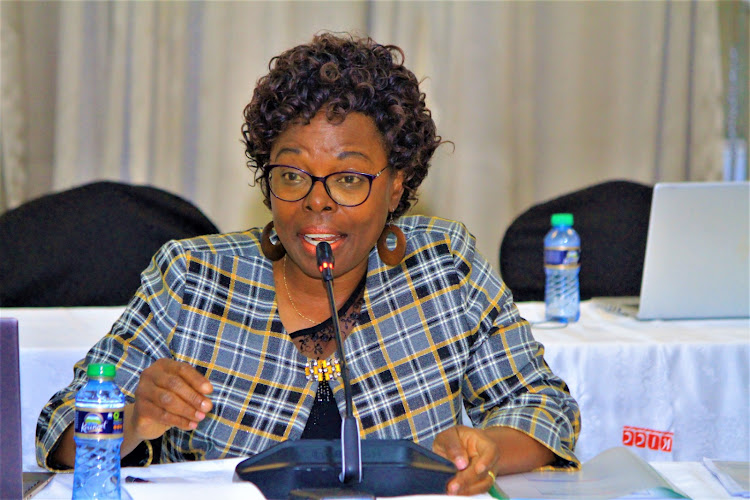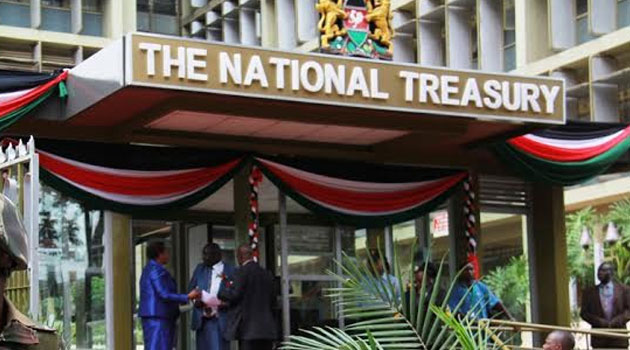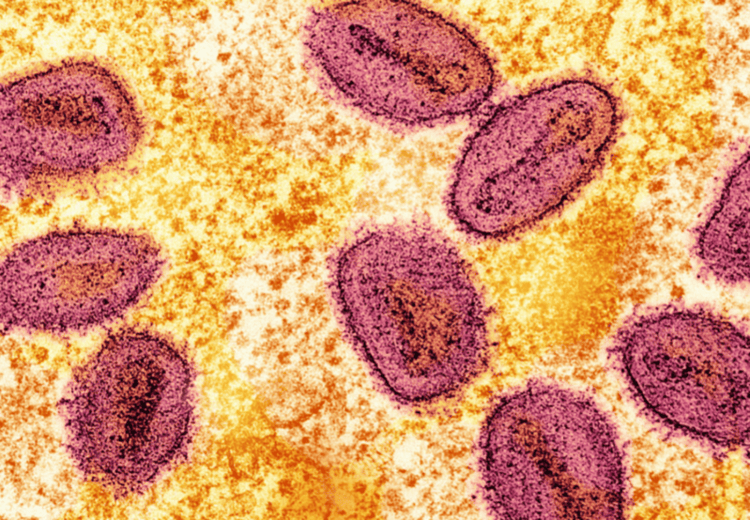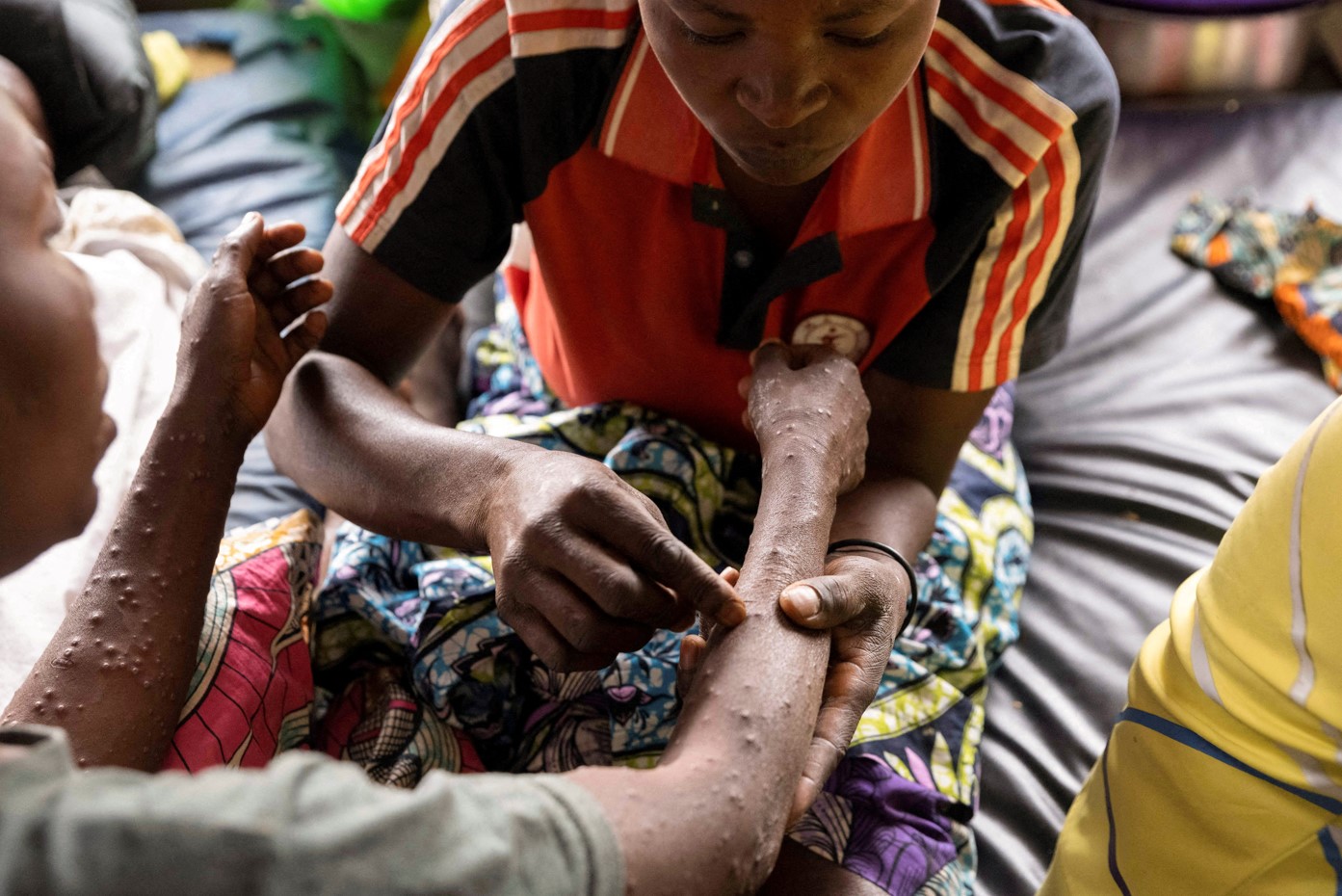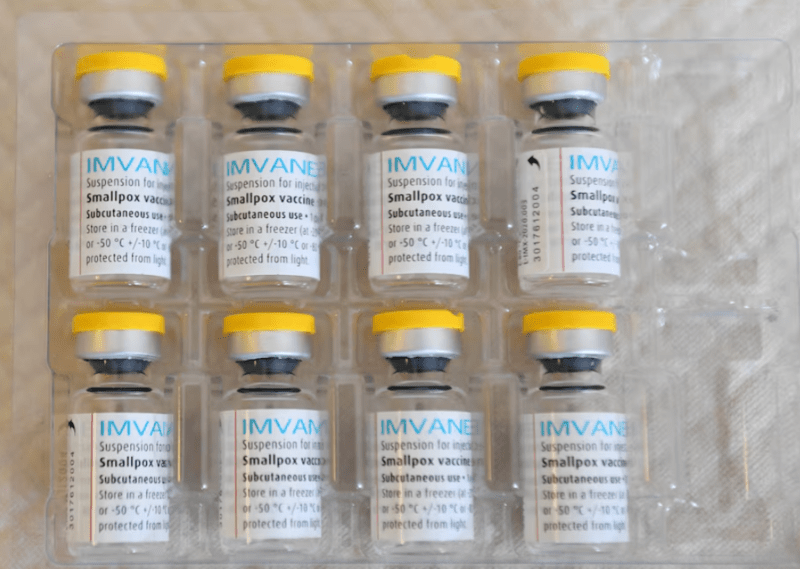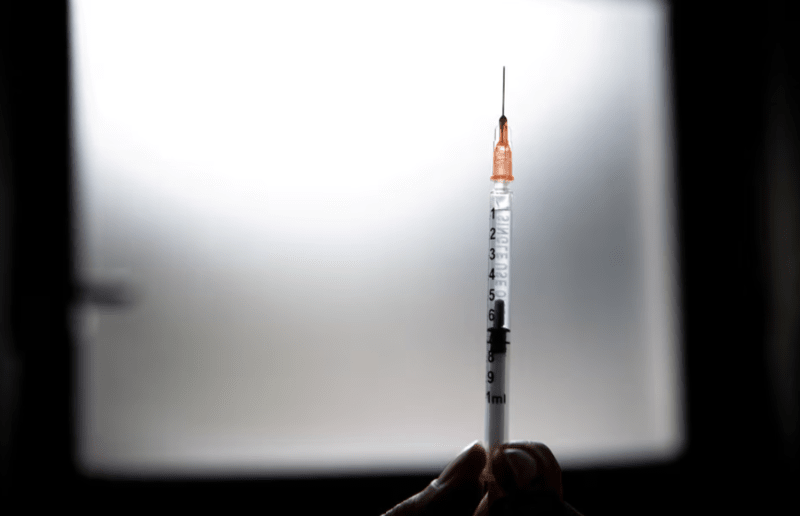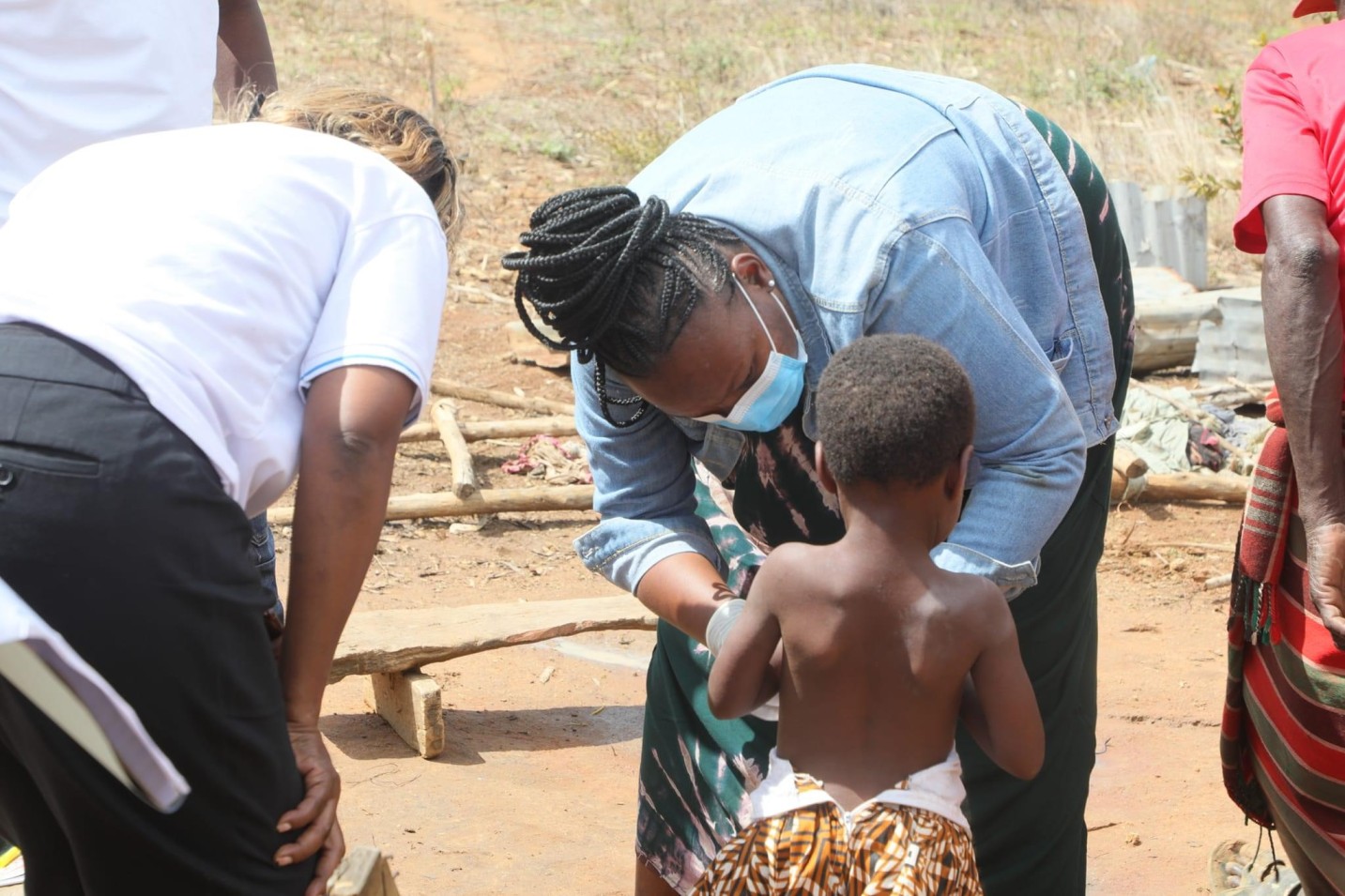Africa CDC declares mpox a public health emergency

By Reuters and Mwangi Maina |
This declaration highlights the serious nature of the outbreak and the need for immediate, coordinated action across the continent to prevent further spread and manage the impact of the disease.
The Africa Centres for Disease Control and Prevention (Africa CDC) has declared Mpox a public health emergency of continental concern.
Speaking at a press conference on Tuesday, Africa CDC Director General Dr Jean Kaseya emphasised the urgency of the situation, noting that this is the highest level of alert.
Keep reading
"We must act now with urgency and purpose," Dr Kaseya urged.
“Protect yourself and your loved ones. Follow the guidance of health authorities. We must stand together as one continent, united by our resolve to overcome this. Mpox might have taken us by surprise, but it will not defeat us."
This declaration highlights the serious nature of the outbreak and the need for immediate, coordinated action across the continent to prevent further spread and manage the impact of the disease.
But while experts hoped the meetings would galvanise action worldwide, many obstacles remain, including limited vaccine supply, funding and competing disease outbreaks.
“It is important to declare an emergency because the disease is spreading,” said Jean-Jacques Muyembe-Tamfum, head of Congo’s Institut National pour la Recherche Biomedicale (INRB). He said he hoped any declaration would help provide more funding for surveillance as well as support access to vaccines in Congo.
But he acknowledged the road ahead was not easy in a huge country where health facilities and humanitarian funds are already stretched by conflict and outbreaks of diseases like measles and cholera.
“If the big declarations remain just words, it won’t make any material difference,” said Emmanuel Nakoune, an mpox expert at the Institut Pasteur de Bangui in the Central African Republic.
Africa CDC said last week it had been granted $10.4 million in emergency funding from the Africa Union for its mpox response, and its director general Jean Kaseya said on Tuesday there was a clear plan to secure 3 million doses of vaccine this year, without elaborating further.
However, sources involved in planning a vaccination roll-out in Congo said only 65,000 doses were likely to be available in the short term, and campaigns were unlikely to begin before October at the earliest.
There have been more than 15,000 suspected cases of mpox in Africa this year and 461 deaths, mainly among children in Congo, according to Africa CDC. The viral infection is usually mild but can kill, and cause flu-like symptoms and pus-filled lesions.
A new offshoot of the virus has caused outbreaks in refugee camps in the east of Congo this year and spread to Uganda, Burundi, Rwanda and Kenya for the first time.
Ivory Coast and South Africa are also experiencing outbreaks linked to a different strain of the virus, which spread globally in 2022, largely among men who have sex with men. This outbreak prompted WHO to declare a global emergency before ending it 10 months later.
Then, two vaccines were used - Bavarian Nordic’s Jynneos, and LC16, made by KM Biologics. Outside clinical trials, neither has ever been available in Congo or across Africa, where the disease has been endemic for decades. Only LC16 is approved for use in children.
Congo's regulators approved the use of the vaccines domestically in June, but the government is yet to officially request any from either the manufacturers or governments like the United States looking to make donations through the global vaccine group, Gavi.
Reader comments
Follow Us and Stay Connected!
We'd love for you to join our community and stay updated with our latest stories and updates. Follow us on our social media channels and be part of the conversation!
Let's stay connected and keep the dialogue going!


